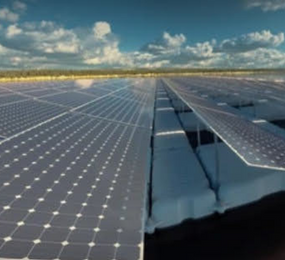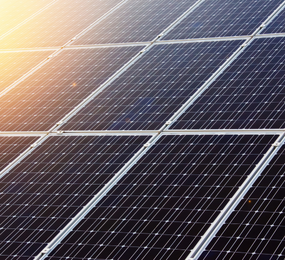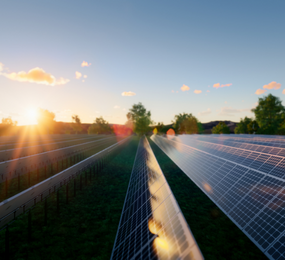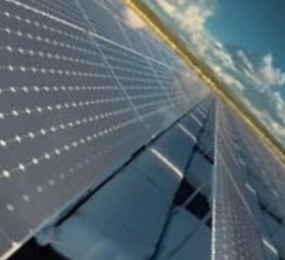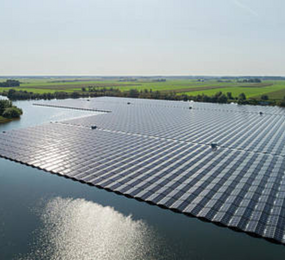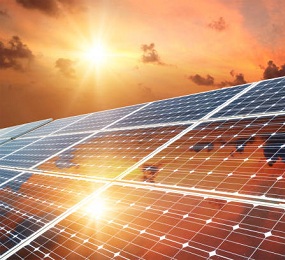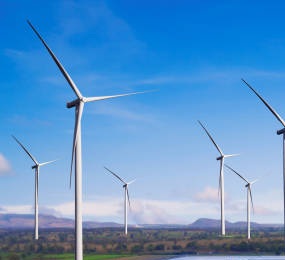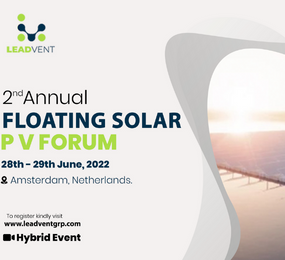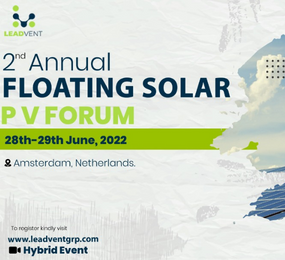The solar module, buoyancy body, and anti-rust material, which includes the vertical and horizontal frames, inspection footrest, and module mount assembly, make up a floating solar power farm.
In addition to passing the drinking water test, the solar module should be lead-free, dust-proof, humidity-resistant, and resistant to the impacts of transient water jets. Polyethylene, used to build the buoyancy body, has a 2.5 times weight capacity. K-floating water's structure is created using magnesium alloy coating products.
For a certain solar farm, water might be a better option for a number of reasons. To begin with, it's not always possible to acquire land for a project. In regions where land is limited and needs to be set aside for homes and other structures, floating photovoltaics can offer a solution.
Solar panels are frequently marketed as a means to reduce the cost of electricity and occasionally as a way to generate income. This is so that you can be compensated for the electricity that is produced but not used by you.
Of course, there are many other fundamental reasons why individuals install solar panels, such as the desire to consume more environmentally friendly energy and to reduce their reliance on the National Grid. However, it's still important to understand when you may expect to start seeing a return on your investment.
A number of variables will determine how long it will take for your solar panels to pay for themselves and whether you can profit from them. For instance, practically all floating solar farms today are situated on man-made bodies of water such reservoirs, ponds for storing wastewater, and ponds used for agricultural irrigation. Despite the potential for floatovoltaics growth in natural bodies of water, man-made reservoirs have advantages. Because they were produced by humans, man-made bodies of water are more likely to be governed and to have already-existing infrastructure and roads. This results in more practical and economical installation and maintenance.
A floating solar panel installation may cost more than a more standard solar panel installation. This solar power technique is very new, thus it requires specialised solar power equipment and more specialised solar panel installation knowledge. It will typically cost more than putting up a similar-sized solar power farm on a rooftop or solid ground. However, just like with more conventional solar-powered systems, it is anticipated that as technology advances, the cost of installing floating solar panels would go down.
To find out more details on how to know if it is worth the money to invest in a Floating Solar PV Farm, join us on 27th - 28th June, 2023 for the 3rd Annual Floating Solar PV Forum, in Amsterdam Netherlands so you don't feel left out in the global Floating Solar Photovoltaic!
To register or learn more about the Forum please check here: https://bit.ly/3zVvdfN.
For more information and group participation, contact us: [email protected]


